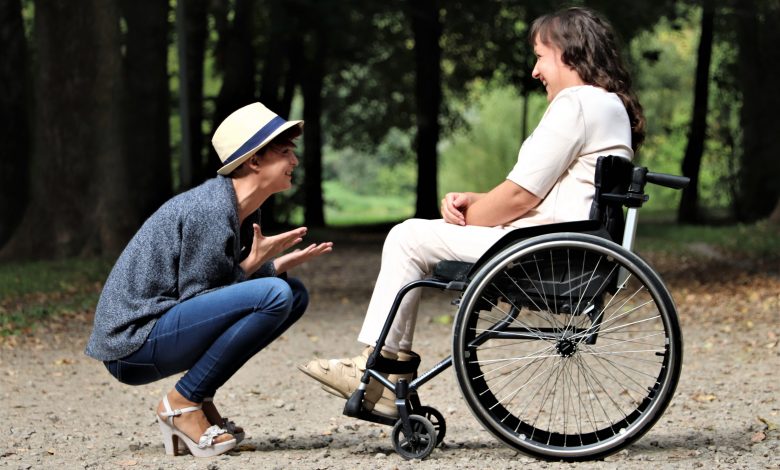By ‘Rebecca Sullivan’ and from an article featured in ‘Disability Horizons’
Blogger Rebecca Sullivan, who has cerebral palsy, uses her writing to express her experiences of living with a disability, and educate others. Here, she details 5 things she wishes everyone knew about being disabled, including how every disabled person is different and that asking questions is okay.
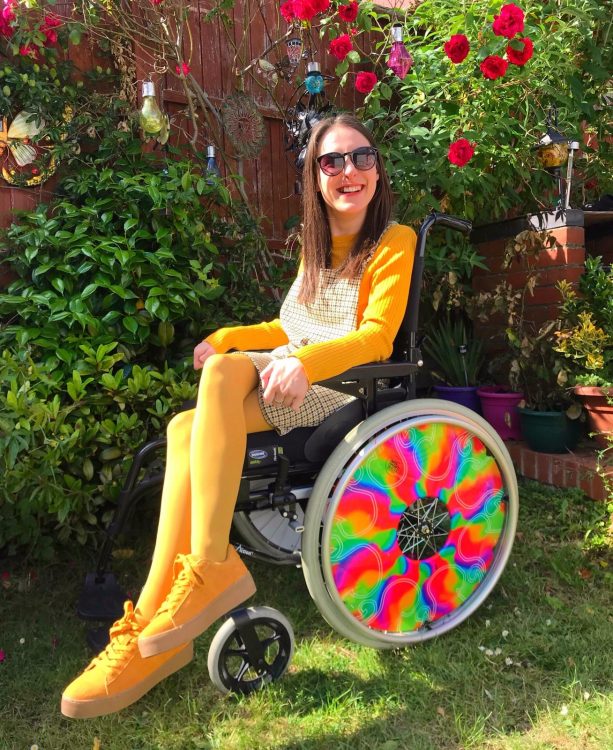
FIVE THINGS I WANT OTHERS TO KNOW ABOUT DISABILITY
Rebecca Sullivan is a blogger who uses her writing to express her experiences of living with cerebral palsy. Her work allows her to come to terms with her disability, and she hopes that it also inspires others to change the way they perceive the disabled community.
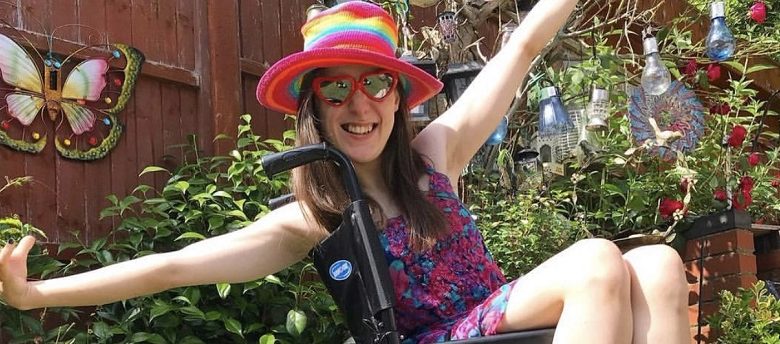
“People with disabilities face lots of challenges. However, some of these can be reduced by society having greater awareness. I hope this article provides insight into some common misconceptions that people with disabilities face.”
1) EVERYONE WITH A DISABILITY IS DIFFERENT
“People with disabilities are all different. Our experiences our thoughts and feelings are unique. Please don’t assume that every disabled person has the same preferences or that two people with the same condition will be affected in the same way.
As someone with cerebral palsy (CP), I am aware that the symptoms of CP will differ for each person. We should not be compared and our own separate desires should be taken into account.
Some people with CP walk, some use a wheelchair and some alternate between both. Some speak orally and some use an assistive device. We have the same diagnosis but all are different.
Disability does not have the same face for everybody, nor will it be the same experience for everyone.”
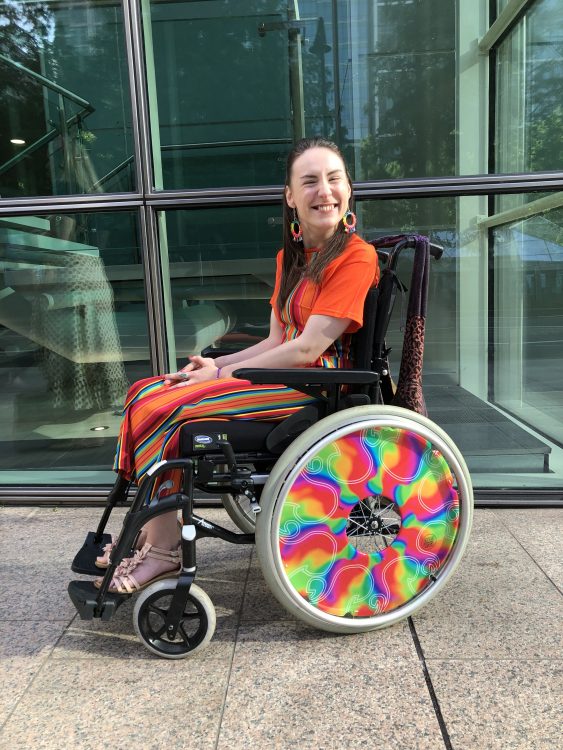
2) PLEASE DON’T HELP ME WITHOUT ASKING
“Sometimes, when people see me they may think I’m struggling and their instinct is to help. However, it is always best to ask if someone wants help first. I know from my own experience when someone has done things for me without asking it has felt as if my independence has been taken away. I feel obligated to accept their help so that I don’t come across as rude.
But I need to change this thinking. I need to be more vocal and politely say. ‘I am okay to do this, but thanks anyway’ or ‘Could you help with this part’ if I do need assistance with something. I always appreciate it when I’m asked if I need assistance first. This shows they have seen me and given me the option of help rather than jumping to assumptions.
Additionally, if I say ‘no’ it is not out of stubbornness. It’s likely that this presumed difficulty is how I go about completing a task. For example, when I fix the bag on the back of my chair, it is just a routine to me, even though I might look like I’m struggling.”
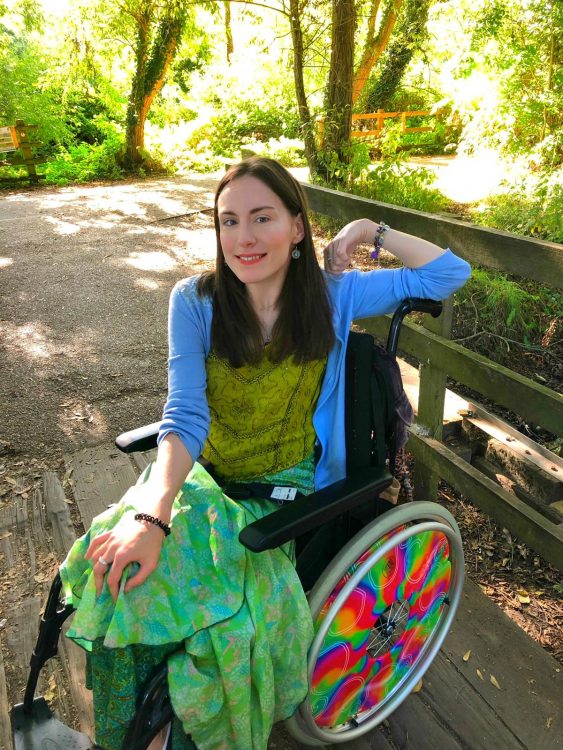
To Read Rebecca’s full article please CLICK HERE
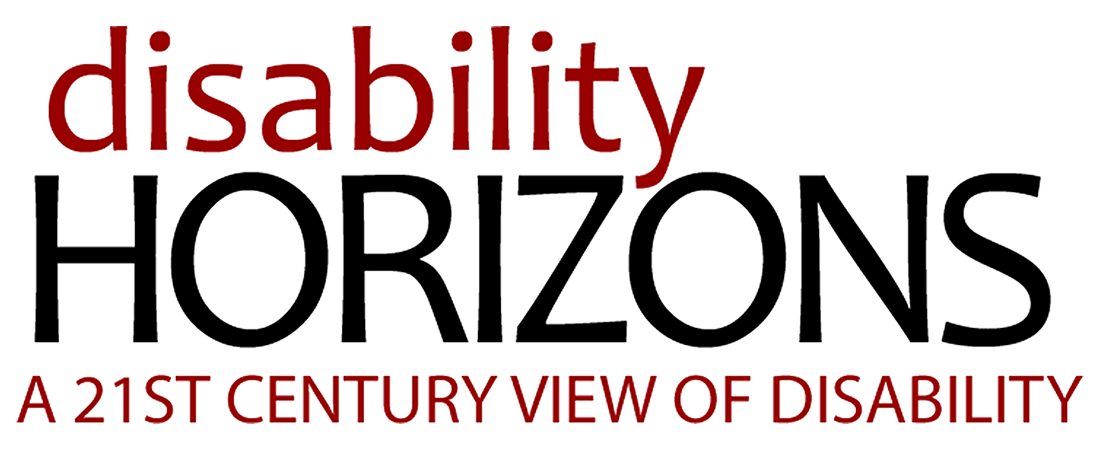
For more information about Disability Horizons please CLICK HERE

